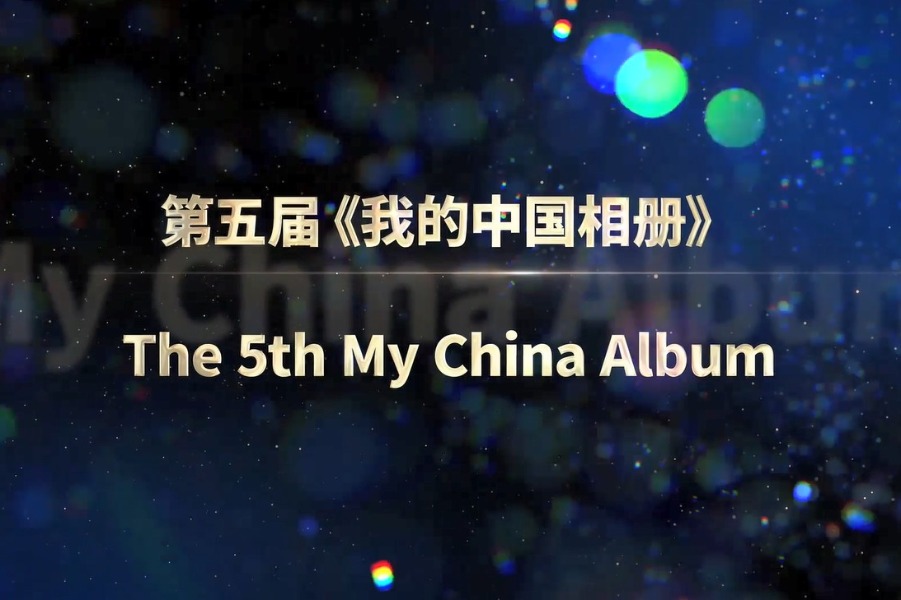US controls harm innovation: expert
By Lia Zhu in San Francisco | China Daily Global | Updated: 2019-03-14 00:18

Washington's increased control over "emerging technologies" and foreign investment could threaten the global commons of innovation, according to an expert on US-China relations.
For those in Silicon Valley who work closely with Chinese individuals or companies on innovation, the year 2019 is a "definitive year" because of some of the measures that are "already half-baked" in Washington and expected to come out this year, said Craig Allen, president of the US-China Business Council, a Washington-based organization representing more than 200 US companies doing business in China.
The measures include a change in export licensing policies, which are significantly broadened, and increased controls on foreign investment, which now includes real estate, emerging technologies, critical infrastructure and any company that has sensitive data on American citizens, he explained.
As a result of the controls, Chinese investment in the US dropped by 80 percent last year. "In my view, that's a tragedy, particularly if you need jobs in Indiana or Alabama," said Allen, who was visiting Silicon Valley.
The US Department of Commerce is working on definitions of "emerging technologies" and there's a debate underway — some experts want a very narrow range of control, others want it to be broad, Allen said at a seminar at Stanford University on Monday.
If "emerging technologies" are defined broadly, thousands of collaborative research ventures are going to be impacted, said Allen, who previously served as deputy assistant secretary for China at the US Department of Commerce's International Trade Administration.
Students, professors and academic exchanges will be required to get a license and oftentimes that "takes forever" in the US, he said.
"What it would lead to is Chinese researchers having no choice but to head out on the road and go back to China," he said, something that would be inimical to innovation.
China, Allen said, is becoming an innovative economy in many areas — payments, electronic vehicles, drone technology, artificial intelligence and some aspects of life sciences.
"We need their brains as much as they need our brains," he said.
The US graduates about 650,000 engineers a year, a third of them foreigners, in comparison, China graduates 1.8 million engineers a year, about three times that of the US, Allen said.
China also has the kind of capital that innovation needs — approximately $3 trillion, he said. "We can expect China, for the rest of our lifetimes, to remain a very innovative country, and we need to deal with that. But right now we're not managing that as well as we could," he said.
Allen said he has heard that Huawei is about a year ahead of Eriksson or Nokia in 5G. "If that's the case, banning Huawei from the US government is going to have an effect on our role in 5G," he said.
"The Chinese innovation ecosystem is very vibrant, very strong and productive, so those technologies that are available domestically in China, we shouldn't control here," he said.
American companies and Chinese companies have worked together in the innovation space "in a very beautiful manner" and both countries can choose to make progress together so that cooperative innovation can thrive, said Allen.
"There are 800 million middle-class Chinese who want to buy American stuff and services and we want to sell it to them," he said. "As China is transitioning from an investment and export-led economy to a consumption-led economy, now is the time that we should really be taking advantage of that and working to become a good friend of Chinese middle-class consumers."
























